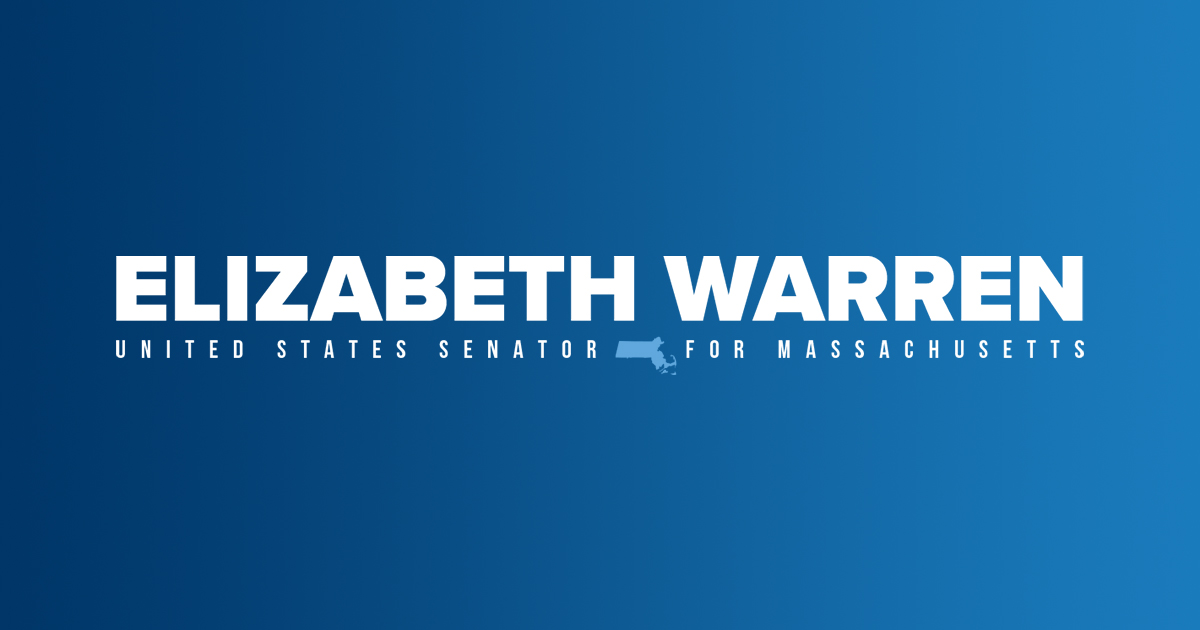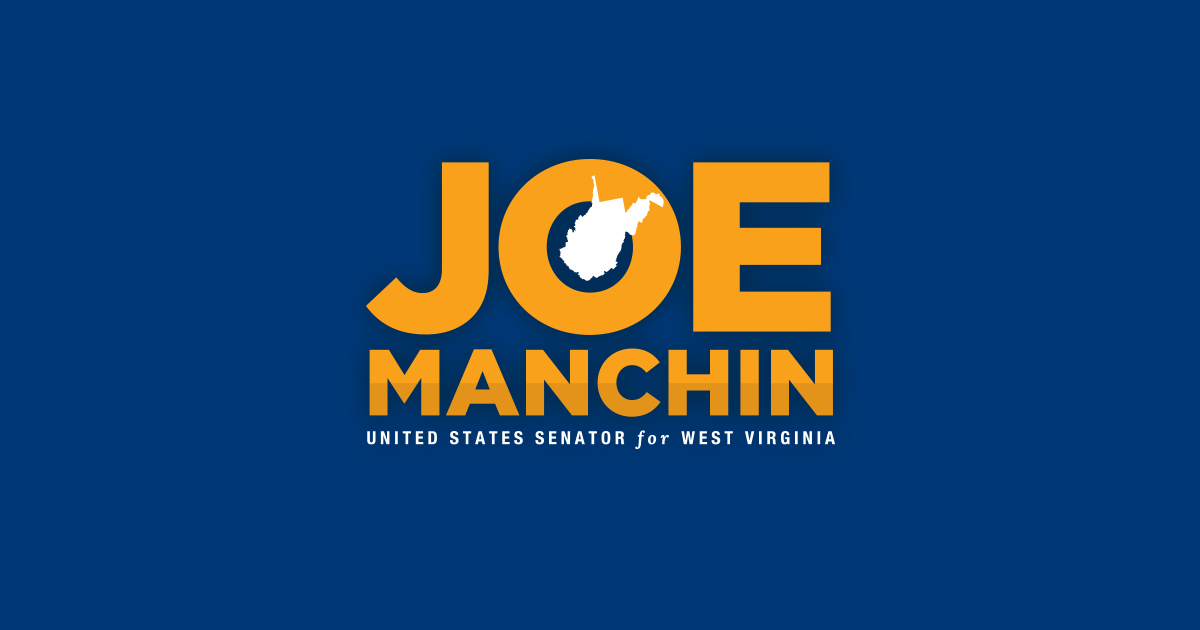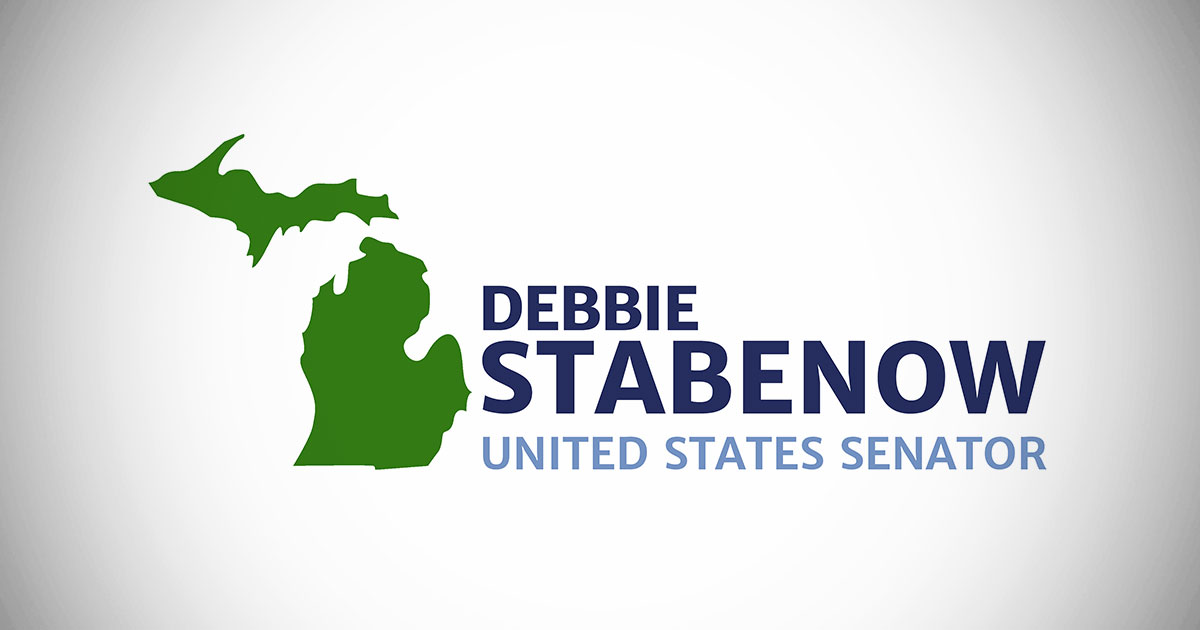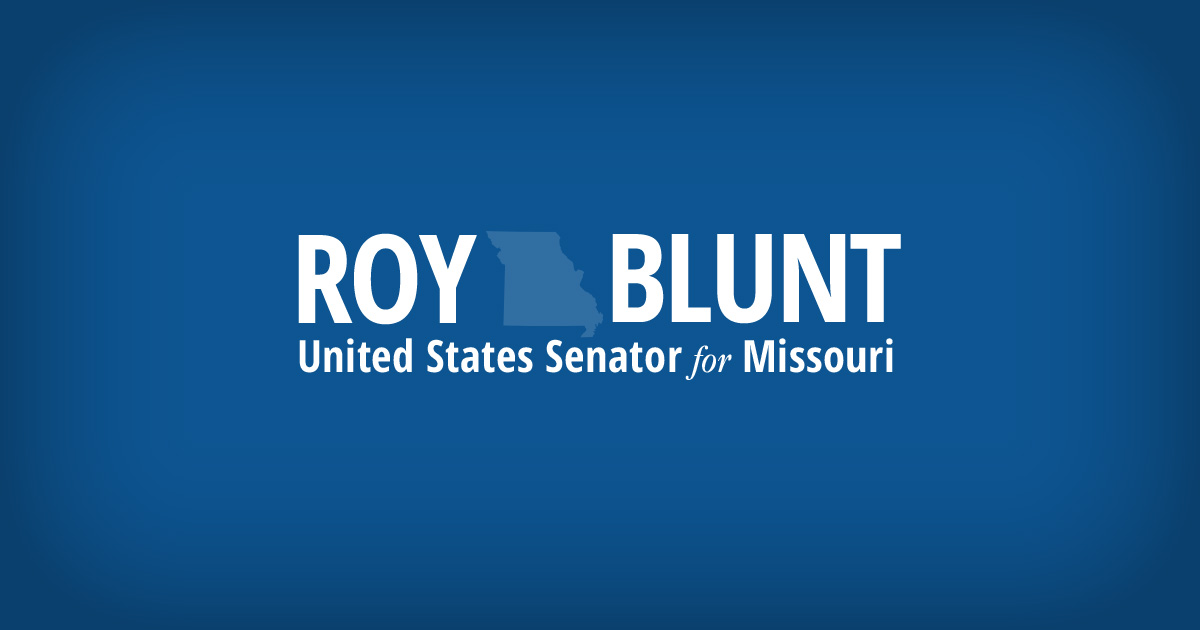Source: United States Senator for Massachusetts – Elizabeth Warren
June 09, 2021
Washington, D.C. – Today, U.S. Senator Elizabeth Warren (D-Mass.), chair of the Senate Banking, Housing, and Urban Affairs Committee’s Subcommittee on Economic Policy, held a hearing with experts on the opportunities and risks that digital currencies present.
Full transcripts on the three rounds of questions and videos below.
Transcripts: Building A Stronger Financial System: Opportunities of a Central Bank Digital Currency
U.S. Senate Banking, Housing, and Urban Affairs Committee’s Subcommittee on Economic Policy
Wednesday, June 9, 2021
Round 1 of Questions below and video HERE:
Senator Warren: As our witnesses have described, digital currencies offer a lot of potential advantages over cash in your wallet or even the electronic balance on your debit card. You don’t have to worry about carrying cash around and losing it or having it stolen, if you want to send money to someone else, digital currency can be easier and faster.
But in order for those advantages to be realized, the digital version of cash needs to be secure, stable, and accepted everywhere.
Your local grocery store is only gonna accept digital currency if it knows the digital version of the $100 that you used to pay for your groceries is actually worth $100. Your babysitter is only gonna keep showing up if she knows that the digital $20 you sent her is really worth $20.
So let’s talk about using cryptocurrency like bitcoin to pay for groceries or to pay for a babysitter. Dr. Narula, is the value of a cryptocurrency like bitcoin generally stable and reliable?
Dr. Narula: Thanks for the question Senator Warren. No it is not, unfortunately. We just witnessed the value of the entire cryptocurrency ecosystem dropping by about 40% over the course of the last two months.
Senator Warren: Yep, and, and how much money was that? Do you know, in dollars, what we think the value of that drop was?
Dr. Narula: I think it was, I believe it was close to a trillion dollars.
Senator Warren: About a trillion dollars that this thing dropped. Think about what it means for an individual seller. It means the grocery store could take $100 in bitcoin to pay for groceries, but by the end of the day, the bitcoin could be worth only $60 in which case the store loses out. So these wild swings in value mean that bitcoin is a terrible currency.
In fact, that’s why, except for criminals, most people are holding bitcoin as a speculative investment – a way to make money – rather than as a substitute for money as a way to buy this week’s groceries or to pay their babysitter.
Now the crypto industry knows about this problem. So they came up with so-called “stablecoins,”. And I think we’ve heard a couple of references to that already today. This is a kind of cryptocurrency that claims to be pegged to the value of a fixed asset, like the dollar.
Professor Menand, are these so-called stablecoins as safe, reliable, and stable as, say, a digital dollar that’s issued by the Federal Reserve?
Professor Menand: No. No, Senator. Certainly not. They’re much riskier. They are dangerous to both their users and, as they grow, to the broader financial system. So, where as bitcoin is something we really haven’t seen before, “stablecoins” are – they’re the devil we know, just wearing new clothes. They’re teched up versions of money market mutual funds in certain respects. They’re a type of deposit substitutes and deposit substitutes are very unstable because the people who issue them don’t have bank charters, they don’t have deposit insurance, they don’t have access to the Fed’s discount window and if people lose confidence in “stablecoins,” there’s a good chance they’ll dump them on masse in sort of a classic run dynamic and the people who are slow to get out could be left with significant losses.
Senator Warren: Okay – As you rightly point out, this is not the first time that we’ve had private-sector alternatives to the dollar. In fact I’m going to go back further than you did. In the 19th century, “wildcat notes” were issued by banks without any underlying assets. And eventually, the banks that issued these notes failed and public confidence in the banking system was undermined. The federal government stepped in, taxed these notes out of existence and developed a national currency instead. And that’s why we’ve had the stability of a national currency.
So, in theory, a digital currency issued and backed by a central bank could provide the advantages of cryptocurrency without those risks. The Federal Reserve, a trusted institution, could provide a digital version of cash to the public that is secure, stable, and accepted everywhere.
So let me ask you, Professor Menand, what role could a central bank digital currency play in reducing these risks to financial stability?
Professor Menand: So a well designed CBDC could serve as a public alternative to these cryptocurrencies and potentially crowd out their usage. In contrast to private digital currencies, CBDC’s would be sovereign non-defaultable money, they’d be cheaper to use, and they would not be subject to bankrupt dynamics.
Senator Warren: Right, so – so that’s very helpful. So, thank you. You know, there are reasons why cryptocurrencies are popping up like weeds: our current banking system offers bad service or no service to millions of people and businesses, and swindlers have figured out how to skim profits off investors by buying and selling in a marketplace that has no cop on the beat.
The risks of replaying the experience of the 19th century are real: these private actors issue their own dollar substitutes that they convince everyone are just as safe as the dollar itself. Until, of course, a crisis hits, their dollar substitutes fail, they threaten the financial system and drag down the whole economy.
So, I think what this hearing is about is exploring how central bank digital currency could serve the American people. But it’s clear, we need to improve our banking and payment systems, but the testimony and the facts discussed here make it clear also that we need to address the threats that cryptocurrencies pose. So let me stop –
###
Round 2 of questions below and video HERE:
Senator Warren: You know, we’ve been talking about this afternoon how our banking system has cut out too many Americans for too long. Nearly 33 million households – disproportionately Black and Hispanic – who are underbanked or unbanked all together. And they pay steep fees to cash paychecks, pay bills and borrow a little money until payday.
But, as we were talking about it earlier, even when people have access to bank accounts, some of those banks use a whole array of abusive practices that harm struggling families – like overdraft fees, and fake accounts opened without customers’ permission, egregious data breaches, just to name a few of these.
So I understand why Americans can be dissatisfied with the banking industry, and the crypto industry has stepped in with the promise of a better and more inclusive financial system for all Americans. The idea is that digital assets and blockchain technology are gonna drastically reduce the cost of financial services and improve their quality – by eliminating fees, boosting access to capital, and providing greater financial privacy and protection.
So, Professor Menand, I know you agree that our banking system is failing to live up to its responsibilities to the American people. But I wanna make sure we get this clearly stated, do cryptocurrencies offer a safer alternative to the traditional banking system for consumers?
Professor Manand: No, Senator, absolutely not, the crypto market is rife with consumer abuses. You know in the traditional financial space we have regulations and consumer protections in place. Both don’t apply in the crypto markets so there are companies that offer crypto custody services that have lost customers’ money. There’s a lot of players that manipulate prices which lead ordinary users stuck paying high fees. It’s not a safe place to keep your money or to invest.
Senator Warren: And I understand the FTC has now said that cryptocurrency scams have skyrocketed. And they say that in five months between October 2020 and March 2021, just in that five month period, nearly 7,000 people lost more than $80 million – and that is nearly a 1,000 percent increase from the same period a year earlier – and this just happens in brazen crypto cons.
So,we’re seeing egregious fraud cases but also manipulation in the market – scams, pump and dump tactics.
So Professor Menand, are there steps that regulators and policymakers could take today to limit the harm to consumers and investors in the cryptocurrency market?
Professor Menand: Yes, I think so. So, we urgently need more regulation, more funding for regulation, so Congress should increase appropriations for the SEC and for Chairman Giancarlo’s former agency the CFTC so that you know, they can keep up with all the new coin schemes that are being launched. You know, Chairman Giancarlo spoke about the race between you know, cops and robbers as it were. We need to fully fund the cops or they’re gonna lose the race. Congress should also give these agencies additional authority over crypto exchanges, and banking agencies should not allow government backed banks to warehouse these instruments for their customers.
Senator Warren: Ok, that’s very helpful. Thank you. You know, It’s clear that Congress and financial regulators need to take action to protect consumers, to protect markets, and to protect our financial system.
Dr. Narula, could a well-designed central bank digital currency actually help people who are poorly served by our current banking system?
Dr. Narula: Thanks for the question, Senator. I think that really depends on how it’s designed. So if it’s designed in such a way that you require for example a commercial bank account in order to transact in the central bank digital currency, it’s not really going to provide much help beyond the system that we have today. So I think it’s really important to think about accessibility, making sure that it’s open, and that we remove friction in the way of people getting access to central digital currency.
Senator Warren: Thank you. Big banks are too focused on boosting the multimillion dollar pay of their CEOs instead of serving their customers. But cryptocurrencies aren’t the solution that their promoters claim that they are. With no cop on the beat, this unregulated market draws in ripoff artists promising massive returns.
Americans need trustworthy and affordable ways to store and use their money – not a way to get scammed more efficiently. A well-designed and carefully implemented central bank digital currency could bring more households into the banking system and ensure that everyone has access to the financial services they need if the design is right. So thank you all.
###
Round 3 of questions below and video HERE:
Senator Warren: We’ve talked a lot today about the dangers that cryptocurrencies pose to our economy. We’ve talked about the ripoffs, the instability, the extent to which they are used to help criminals with cyberattacks like the attack on the Colonial Pipeline and JBS. But there’s another piece too: the adverse environmental impacts of the computing activity used to mint many of these digital currencies in the first place.
Bitcoin consumes more energy than entire countries and it is projected to consume as much energy as all the data centers in the whole world this year. One bitcoin transaction – a single purchase, sale, or transfer – uses the same amount of electricity as the typical U.S. household uses in more than a month.
Senator Kennedy: Woah!
Senator Warren: Yeah, so-
Senator Kennedy: Can you say that again, Elizabeth?
Senator Warren: Yep. So a single bitcoin transaction – that’s one purchase, or one sale, or one transfer, uses the same amount of electricity as the typical U.S. household uses in more than a month. I think the estimate is 53 days.
Dr. Narula: Wow.
Senator Warren: Yeah. So, Dr. Narula, could you explain why cryptocurrencies like bitcoin eat up so much energy?
Dr. Narula: Certainly, Senator Warren. So, what I- I think is important to note here is that at least, from a computer science perspective, bitcoin was doing something that we have never done before which was building a system that was secure enough to support a massive currency and at the same time allow anyone to participate. The technique that the creator of bitcoin used in order to do that, Satoshi Nakamoto, was what we refer to as “mining” or proof-of-work and the idea is that the participants in the bitcoin network protocol, because we don’t necessarily know who they are and we want to make the protocol open for anyone to join without being able to flood the system with copies of a – a person, for example, is that they prove who they are by contributing compute power. So the way that bitcoin works is that in order to build the next block on the blockchain, the participants in the network compete to solve a puzzle. It’s a very very difficult puzzle to solve at the moment. In fact, the puzzle difficulty changes depending upon how many participants there are in the network. What that has led to, as the price of bitcoin has gone up, is more and more resources being brought to bear, more and more compu- resources being brought to bear to solve this puzzle. And as a result, that has used quite a bit more energy. That is also how the blockchain is secured. The idea is that once these participants have expended this energy and expended this compute power the- in order to rewrite the blockchain, in order to change history one would have to expend an equivalent amount of power and energy. So, it’s – it’s a pretty fundamental part of the underlying security of bitcoin.
Senator Warren: So it’s built right into it. That there are computers all over the world right now spitting out random numbers around the clock, in a competition to try to solve a useless puzzle and win the bitcoin reward.
And, the amount of computational power and energy for this is a disaster for our planet.
Now, some crypto advocates claim that these environmental costs are worth it because of the security the proof-of-work validation process provides for the system. And you were talking about, this is the security that’s built in.
But let me ask you, Professor Menand, do you think the environmental costs inflicted by cryptocurrencies like bitcoin are worth whatever potential benefits they provide?
Professor Menand: No. Absolutely not. Especially for countries like the United States where the benefits of crypto are largely illusory. They’re not a better means of payment. They undermine the government’s ability to maintain robust economic growth over time. They circumvent important safeguards that we’ve been talking about that prevent extortion and the environmental costs are very very large. And so I think the cost benefit analysis on bitcoin is clear.
Senator Warren: Alright. So let me ask you then Professor Menand, what’s the end game for bitcoin? Will more and more miners keep doing more and more useless complicated math problems that consume a larger and larger share of the world’s energy for the next 100 years until the last coin is mined? What is the future of bitcoin and the future of our planet?
Professor Menand: I think a lot depends on how the people in this Zoom react, you know if governments like ours continue to sit on the sidelines while alternative currency systems develop, or even if they give soccer to that development we’re gonna see bitcoin use continue to expand because there’s a growing group of people who would like to move, sort of the whole financial system to decentralize ledgers. That’s gonna mean more and more environmental damage so Congress I think really needs to act here.
Senator Warren: So, as we think about how to build a better banking system, we need to re-think the use of environmentally wasteful cryptocurrencies.
If I can, let me just get through these quickly. Now Dr. Narula, let me ask you: from the research you and your colleagues at MIT have done, is it possible to design a central bank digital currency that does not require miners to perform random number-generation puzzles?
Dr. Narula: Yes, it is.
Senator Warren: Could you design it so that it wouldn’t consume more energy than a middle-sized country?
Dr. Narula: Yes, you can.
Senator Warren: Could we have a central bank digital currency that doesn’t exacerbate the climate crisis and undermine environmental justice?
Dr. Narula: I think you could build a central bank digital currency which does not consume vast amounts of energy, yes.
Senator Warren: Good. I’m glad to hear this. Look, cryptocurrencies like bitcoin are terrible for the environment. And that would be true regardless of whether we were getting anything productive out of that energy usage or not. The fact that we’re not makes it even more scandalous.
One of the easiest and least disruptive things we can do to address the climate crisis is crack down on environmentally wasteful cryptocurrencies. And now is the time to do it. So, I wanna thank all of our witnesses for being here today. I wanna thank you for providing testimony.
###




